What does sustainability look like?
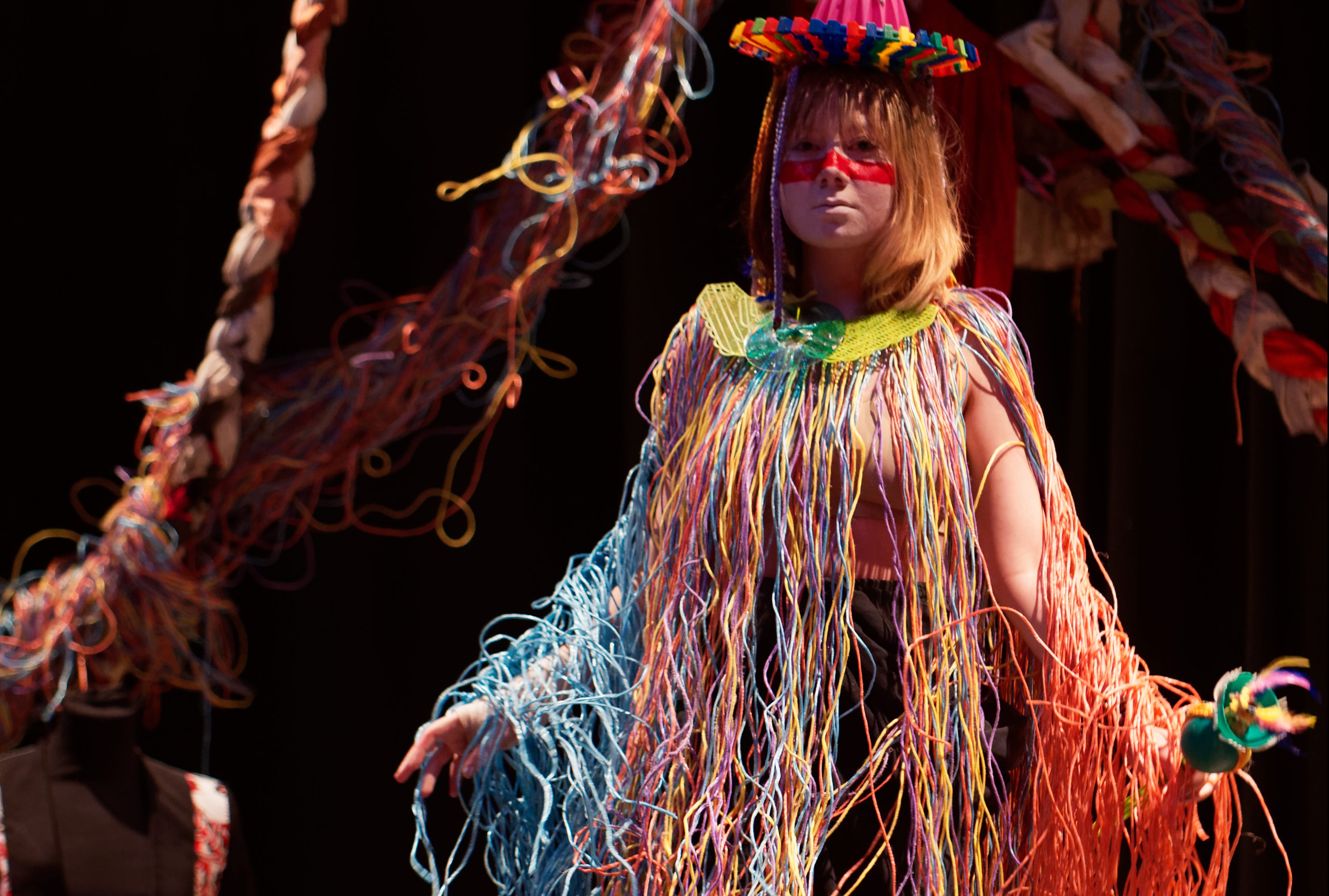
Clothes made out of trash. Food sharing. Sorting waste. A man on a bike. Sustainability comes in many facets, and the student organization, CBS Photography, make suggestions as to what sustainability looks like through their photo exhibition, which is displayed in front of Café Nexus. The photo exhibition is part of the event, Green Week, which has been going on throughout the last several days.
In order to introduce the upcoming week-long event, Green Week, Oikos Copenhagen has organized a little warm up event in collaboration with CBS Photography. In fact, until the end of Green Week you will have the chance to check out CBS Photography’s very first photo exhibition in front of Cafè Nexus.
The theme, set by the Green Week team, was “sustainability in Copenhagen”. Through a photo-walk aimed at capturing the sustainable initiatives in the city, CBS Photography managed to gather 22 pictures that try to bring attention to the different sides of what sustainability really means in a city like Copenhagen.
Green Week is a yearly event organized by Oikos Copenhagen with the aim of raising awareness on the topic of sustainability at CBS. During the week, students have the chance to attend several lectures, workshops, and other kinds of activities such as sustainable fashion shows and green tastings. It is also a chance to put students in contact with experts within the field and to learn about potential job opportunities.
This year, companies such as Rambøll, Accenture, Ørsted, EY, Siemens, Nimb, and Green Tech Challenge will participate and give students insights into what sustainability means for each one of them and their respective core activities. Green Week will run on the 13th, 14th and 15th of March at Solbjerg Plads.
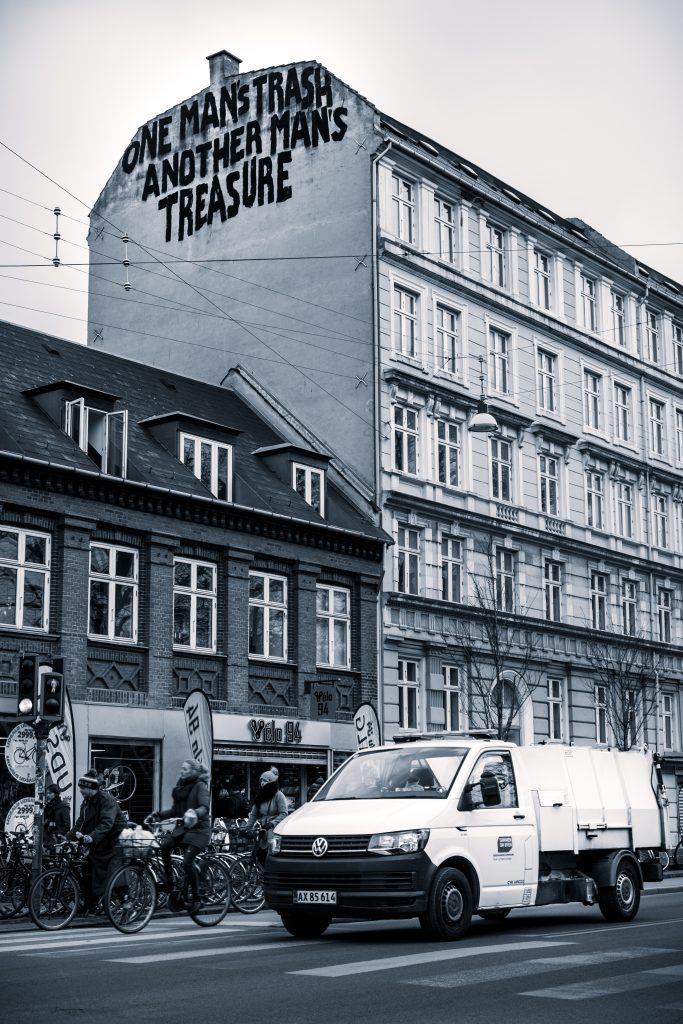
“Waste ≠ Waste”
A garbage disposal car in front of related street art in Nørrebro.
By Torben Löser
CBS Alumnus
MSc in International Business Communication
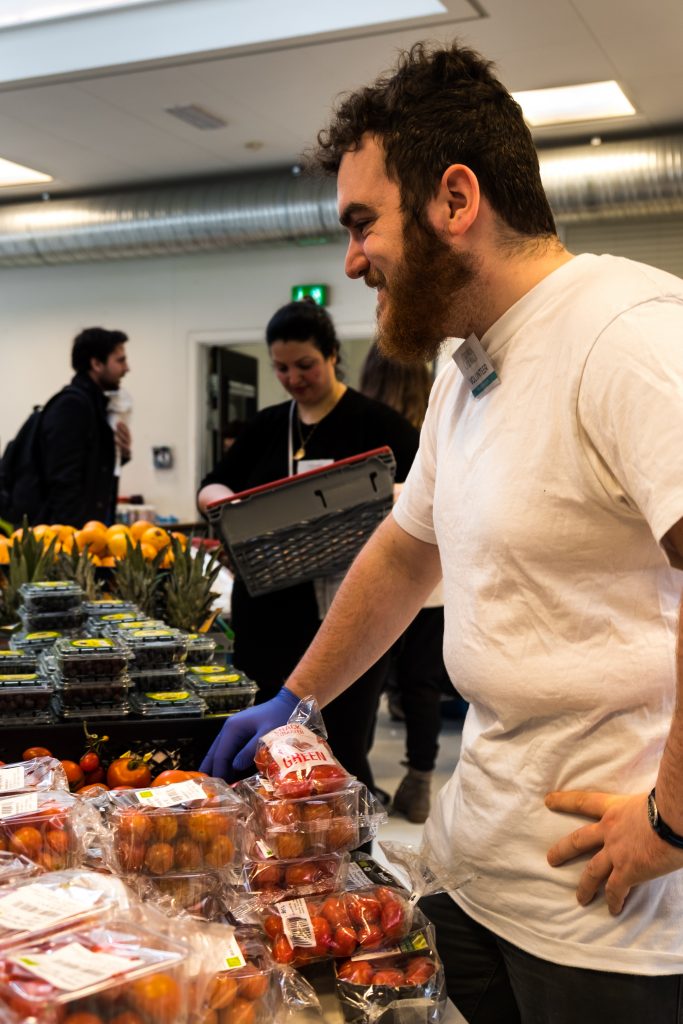
“Not all heroes wear capes”
A volunteer at Foodsharing Copenhagen.
By Torben Löser
CBS Alumnus
MSc in International Business Communication
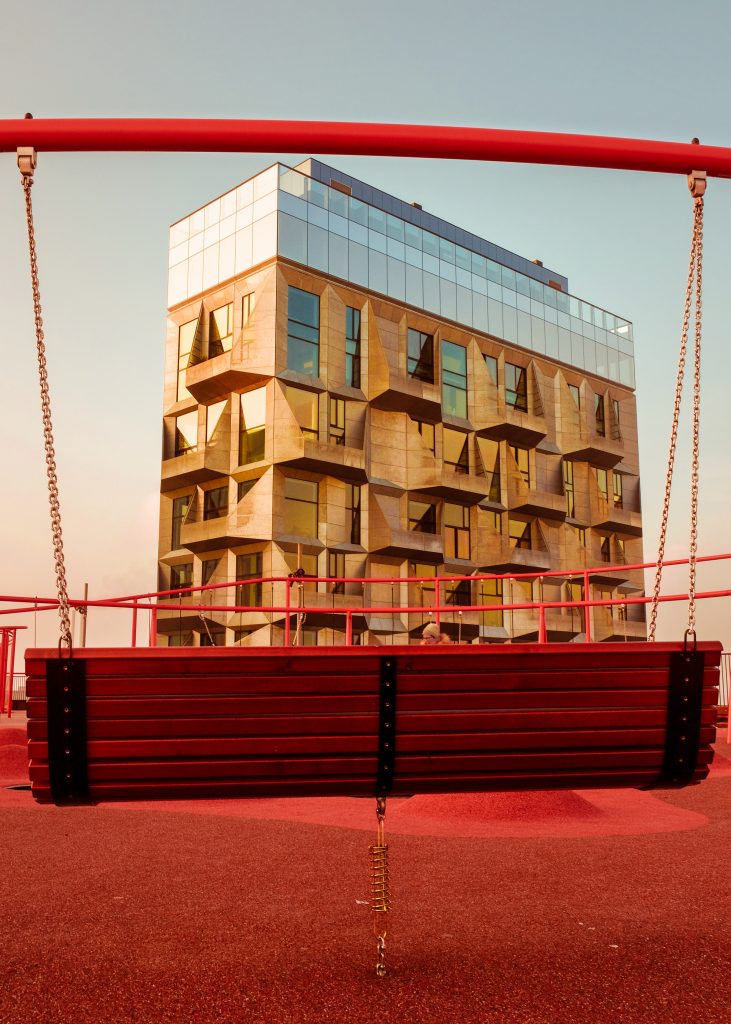
“Future is not golden (Let’s put it back in balance)”
An apartment building in Nordhavn whose weight seems to be held by a swing. Our planet is something precious we need to take good care of and keep in balance.
By Torben Löser
CBS Alumnus
MSc in International Business Communication
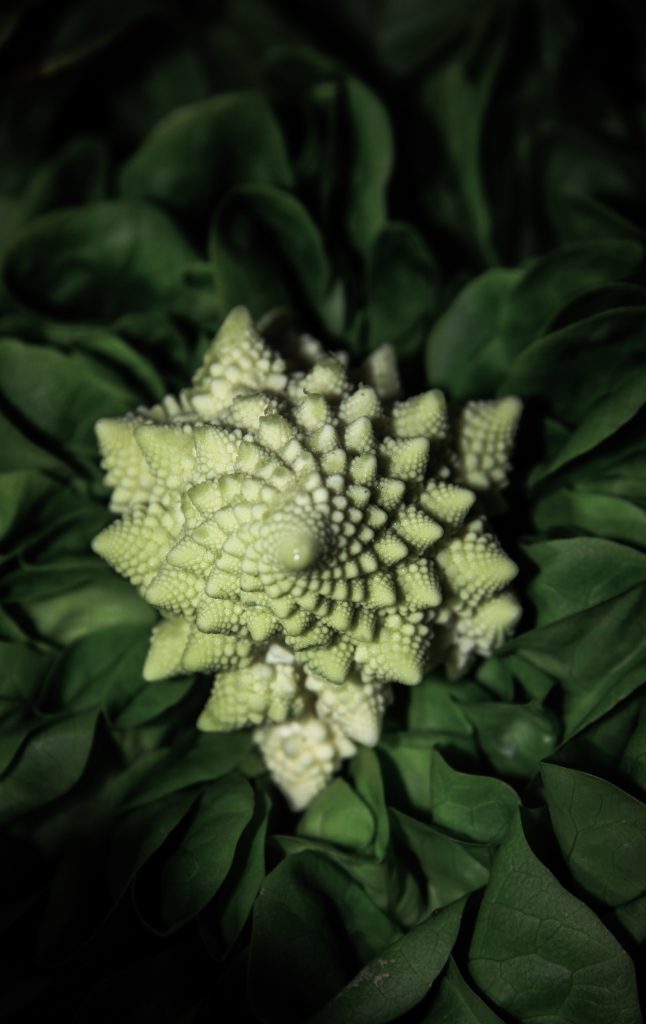
“Romanesco among leaves”
This beautiful Romanesco broccoli got a second chance thanks to Foodsharing Copenhagen.
By Marine Von Renteln
BSc in International Business and Politics
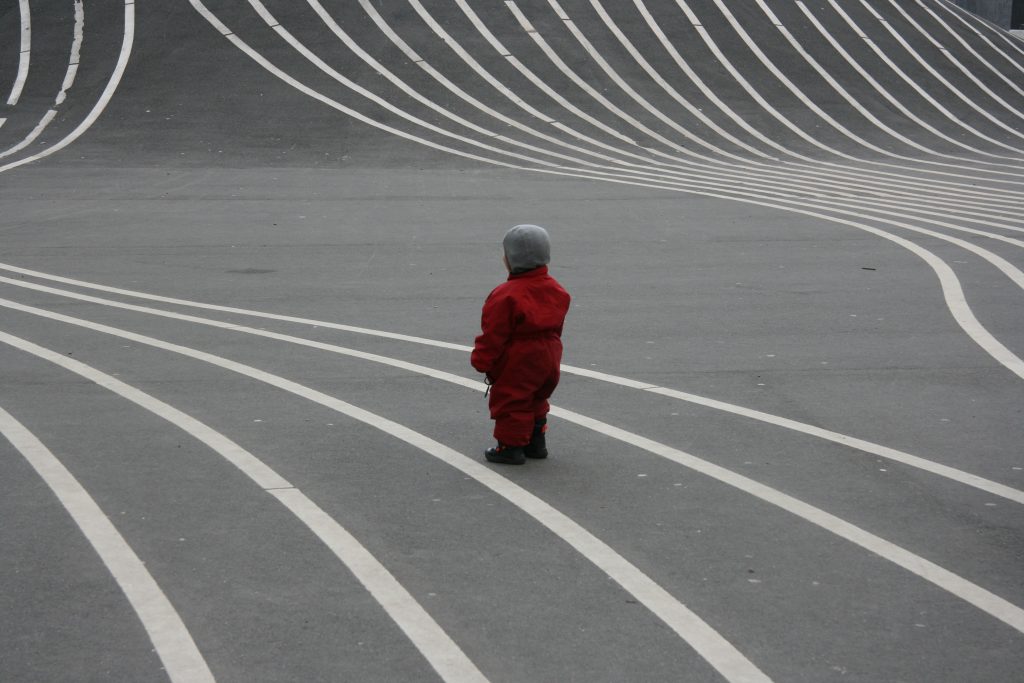
“Leader of tomorrow”
A little kid stands in Superkilen, Nørrebro, symbolizing the challenges of the generations to come. Superkilen is a part of the city with a lot of outdoor facilities for social gatherings, in line with the principles of sustainable urban development.
By Marine Von Renteln
BSc in International Business and Politics
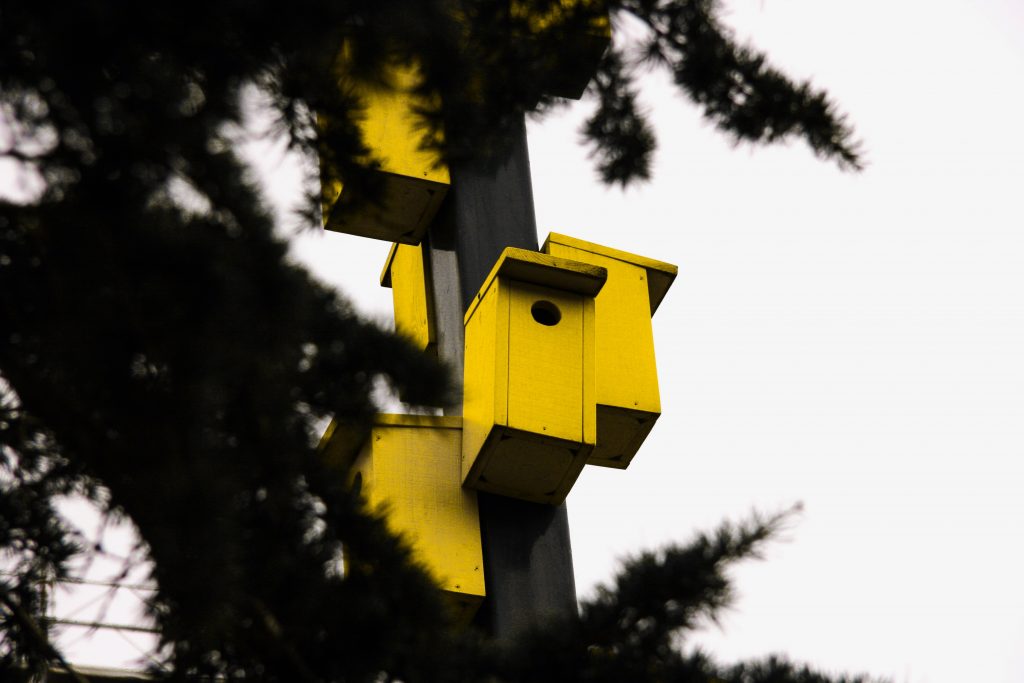
“Urban birds”
Even the small details at Superkilen are conceived in order to be in harmony with natural life in the city. It holds space for everybody, even our animal friends.
By Marine Von Renteln
BSc in International Business and Politics
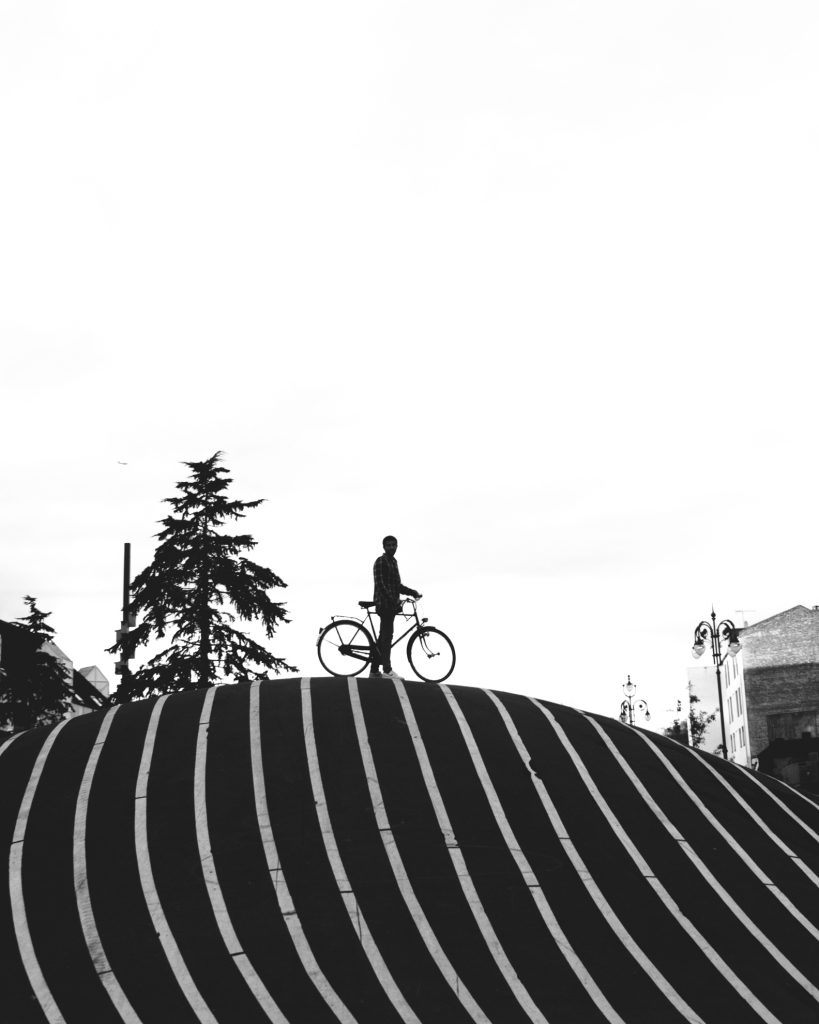
“King of the hill”
Biking is the solution for many problems, besides environmental ones. From less air pollution to less noise pollution, it is also a great solution for obesity related diseases, which currently haunt Western societies.
By Hector Llorens Alonso Exchange Student
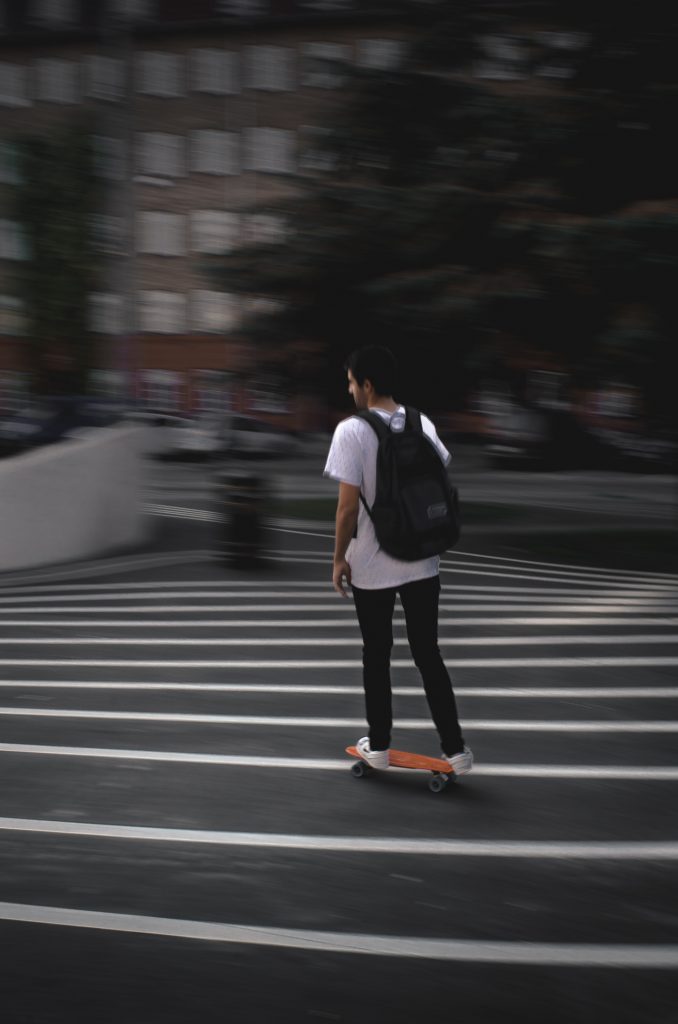
“Zero emissions”
Any other mean of transportation which does not rely on fossil fuels is also a great step towards reaching a greener world.
By Hector Llorens Alonso Exchange Student
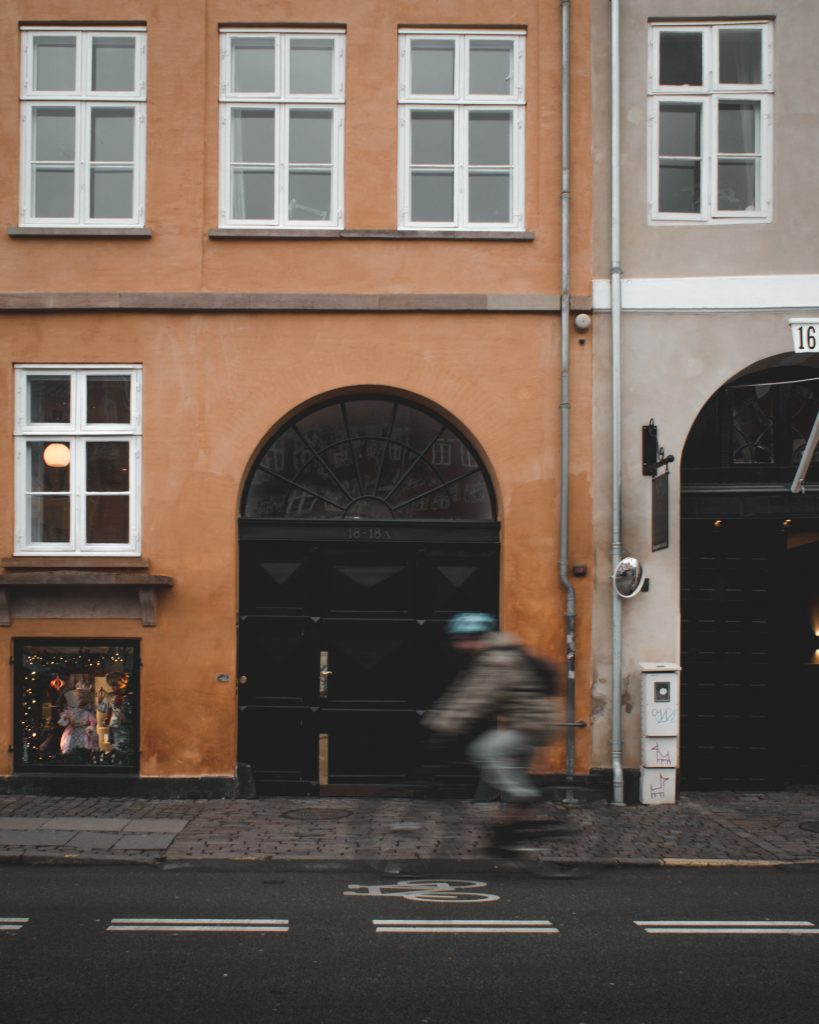
“Rush”
Especially in bike friendly cities like Copenhagen, bikes provide a faster and more efficient transportation than public transport. For citizens that means more physical exercise, less environmental problems and less queueing up at the bus
By Hector Llorens Alonso Exchange Student
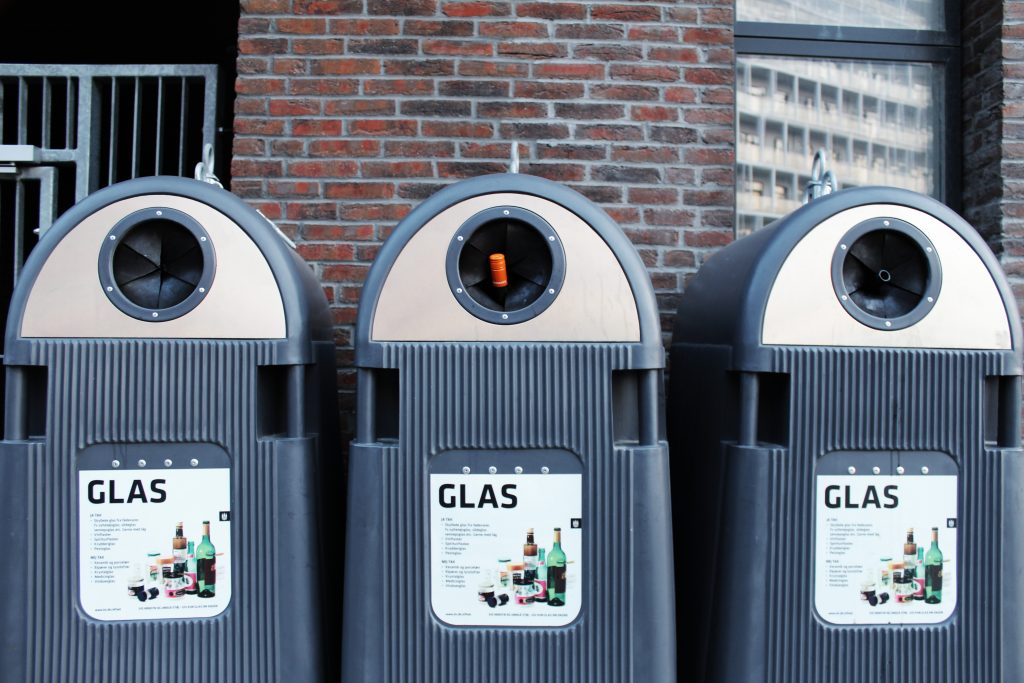
“Castles of glass”
Recycling is one of the simplest and most important ways to conserve resources and diminish our environmental impact. Recycling waste in Copenhagen can be a confusing experience for newcomers. Usually wine bottles won’t be accepted by collection machines, but can be discarded in specific bins scattered around the city.
By Blanka Hankiss
MSc Management of Creative Business Processes
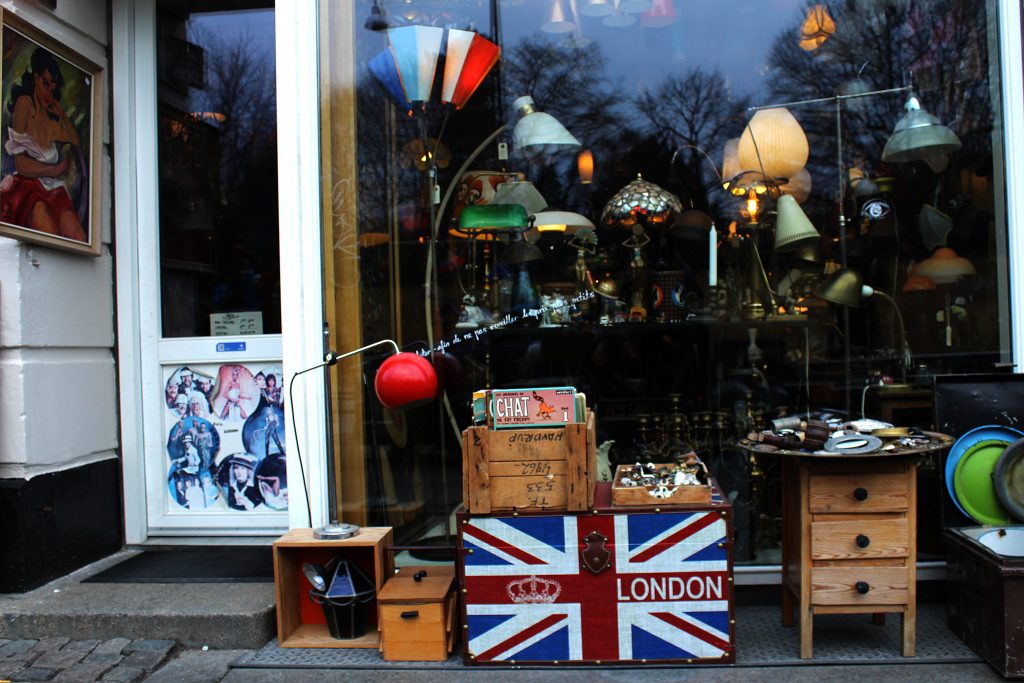
“Treasures rediscovered”
The sustainable soul of the city of Copenhagen is also reflected in the several second-hand shops that you can find, especially in the neighborhood of Nørrebro.
By Blanka Hankiss
MSc in Management of Creative Business Processes
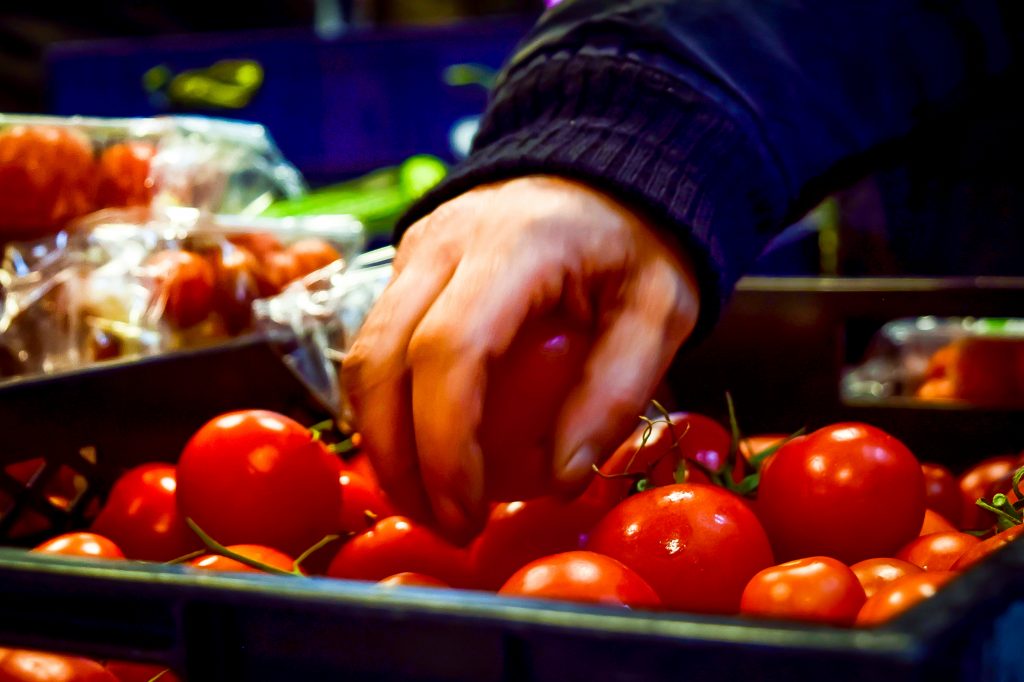
“Sustainability up for grab”
Foodsharing markets are filled up with loads of perfectly fine food, vegetables and other grocery goods, which otherwise would be thrown away. Currently, around 40% of the world’s food production goes to waste.
By Julian Kienzle
MSc in E-business and Business Administration
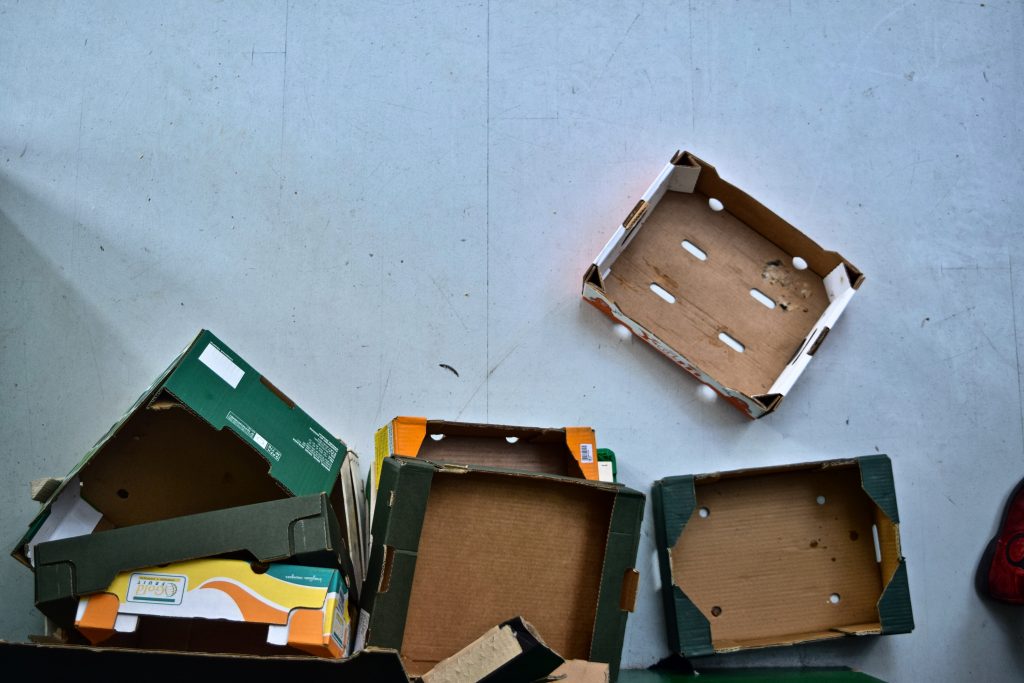
“Boxing foodwaste”
Empty grocery boxes made out of carton after a Foodsharing event at Osramhuset. As cartons are more environmentally friendly, compostable and easily recyclable, they are desirable leftovers as soon as they are empty.
By Julian Kienzle
MSc in E-business and Business Administration
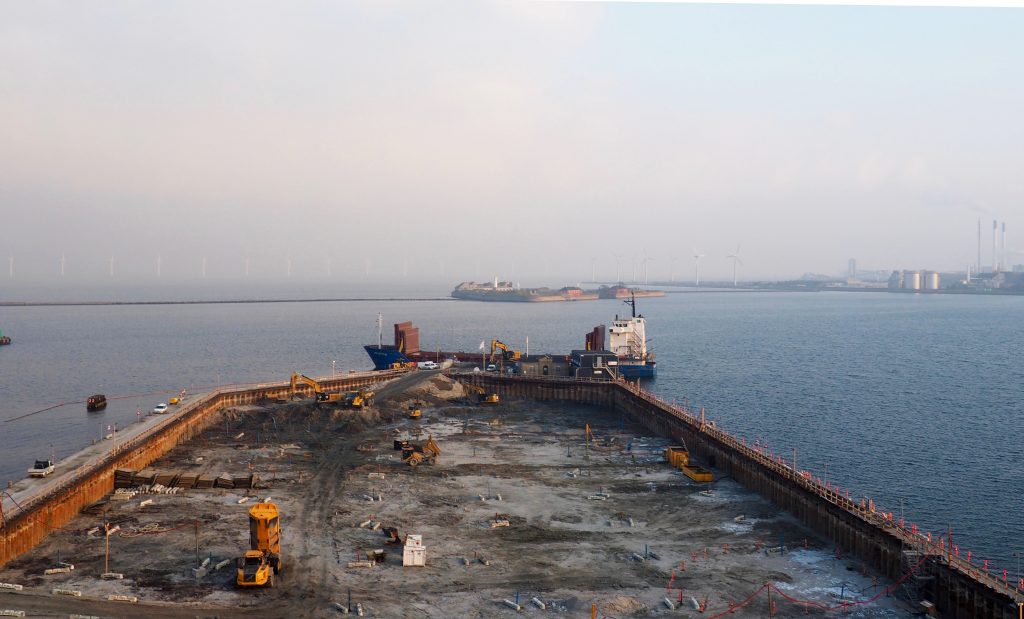
“The Sea, the Wind, the Earth, the Man”
A construction site developing in Nordhavn, Copenhagen.
Copenhagen is particular in its way of combining the needs for living spaces with its natural surroundings. Nordhavn is visioned to be the sustainable district of the city as its proximity to the water should stimulate experiences and enthusiasm among its residents.
By Arianna Gismondi
MSc in Strategic Market Creation
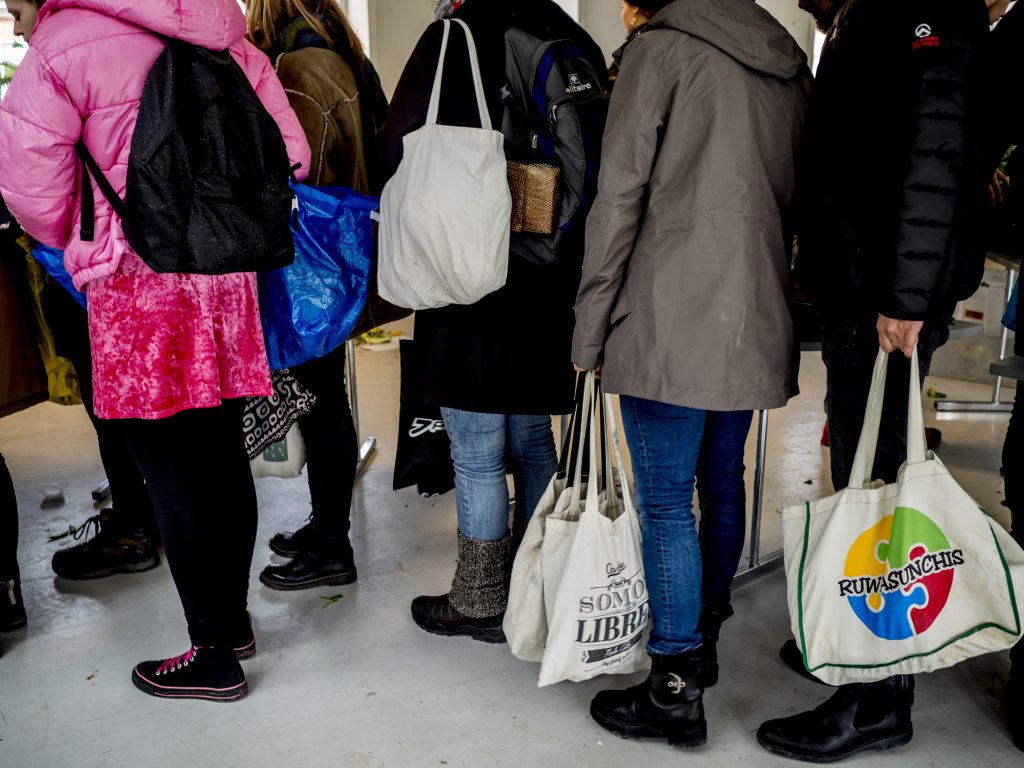
“In line to save the planet”
People queue during the usual Saturday Foodsharing at Osramhuset. Always remember to carry your own reusable bags when getting groceries.
By Daiana Contini
MSc in Business and Development Studies
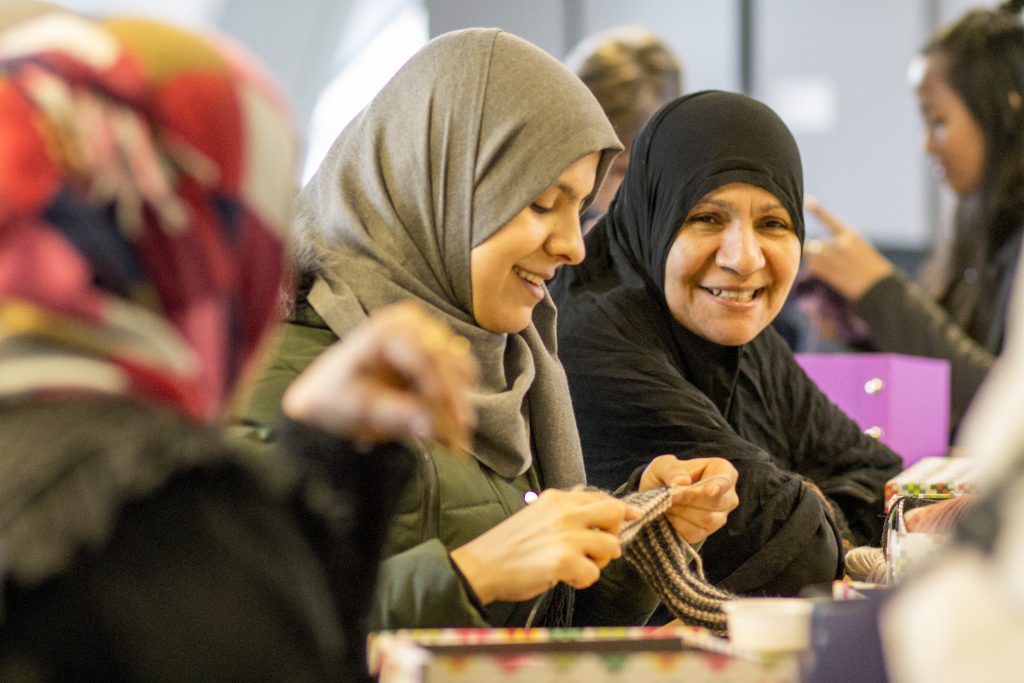
“Novaheim”
Novaheim means new home and is a start up with the mission of getting women at Danish asylum centers closer to the job market through textile design. By providing them with valuable skills and using sustainable resources, Novehaim wants to implement responsible and innovative approaches.
By Daiana Contini
MSc in Business and Development Studies
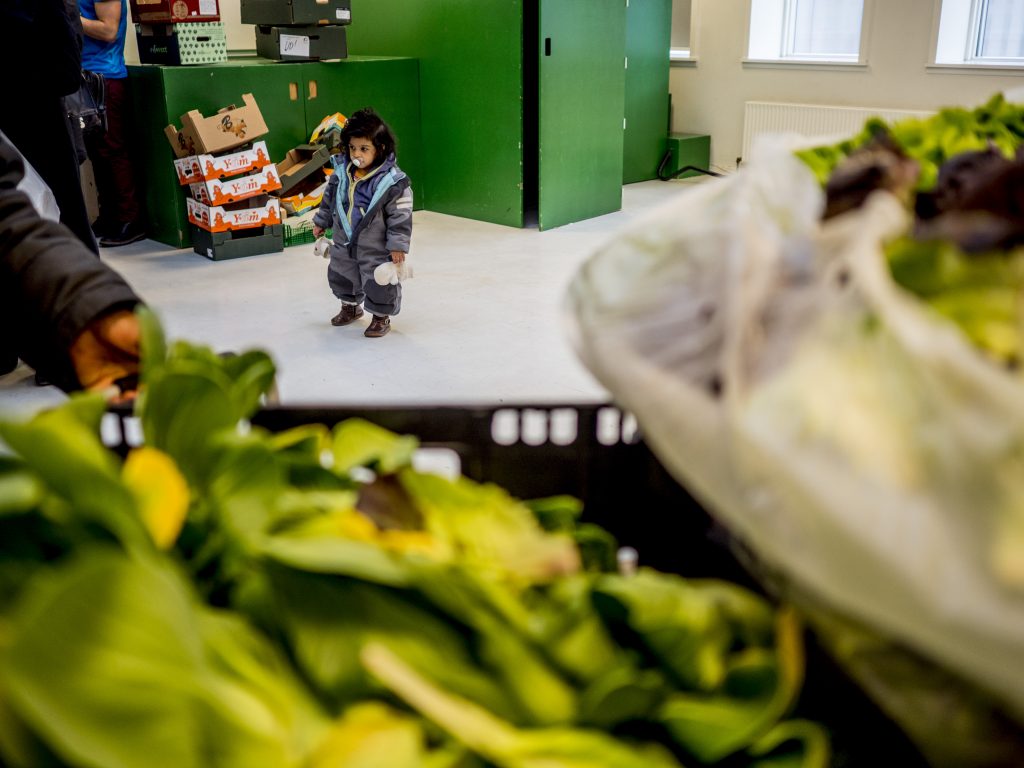
“Small steps”
A small kid at Foodsharing, in Osramhuset. Initiatives like food sharing feel like having only a small impact compared to the complexity of the issue that is food waste, but they are still steps pointing towards the right direction.
By Daiana Contini
MSc in Business and Development Studies
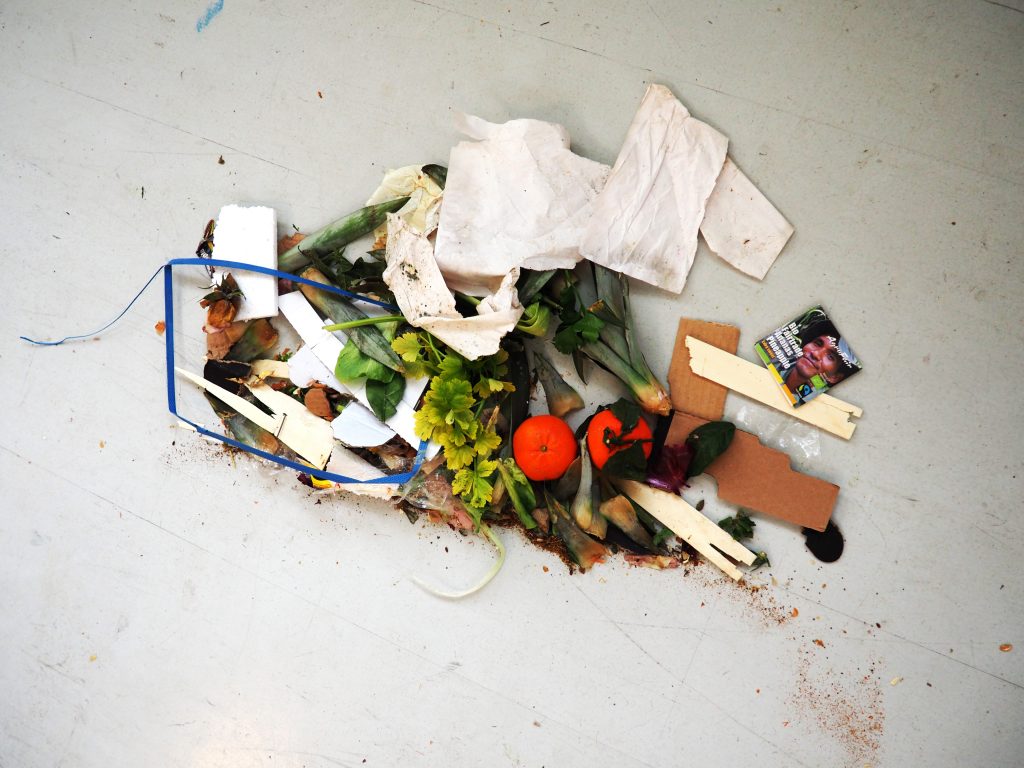
“Leftovers”
According to FAO, 1/3 of the world’s food production goes to waste in times where hunger and famine are still some of the world’s current challenges.
By Anna-Ulrike Soldat
MSc in Diversity and Change Management
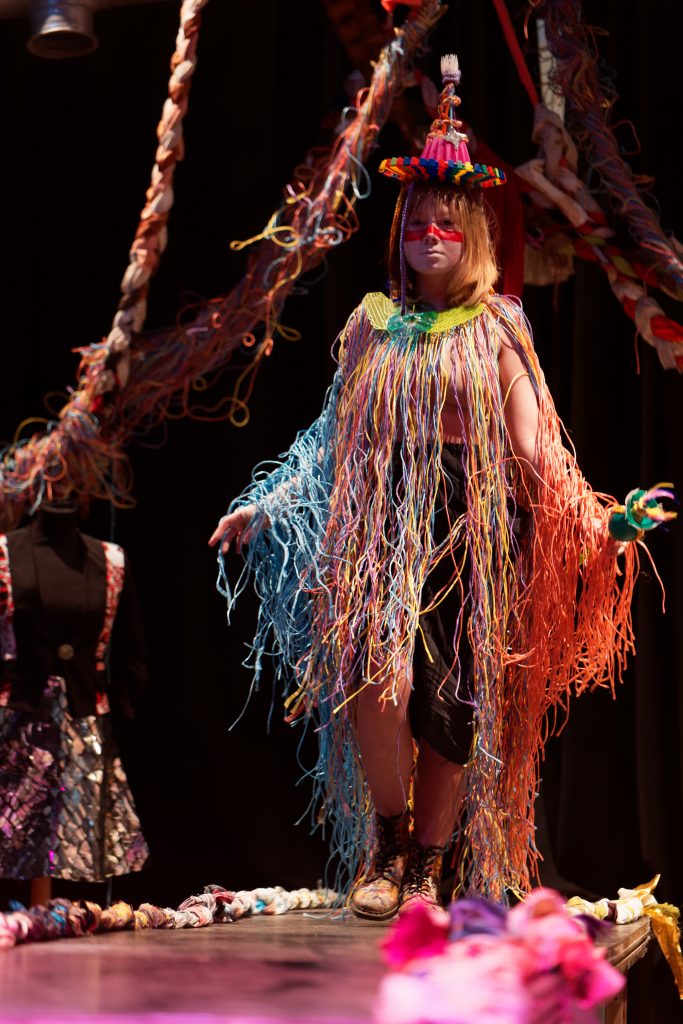
“Trashion”
Trashion: Fashion from trash. Yearly alternative fashion show taking part in Copenhagen during Fashion Week raising awareness of waste produced by the fashion industry.
By Piotr Milczarek
MSc in Computer Science and Engineering (DTU)

“Trashion”
Trashion: Fashion from trash. Yearly alternative fashion show taking part in Copenhagen during Fashion Week raising awareness of waste produced by the fashion industry.
By Piotr Milczarek
MSc in Computer Science and Engineering (DTU)
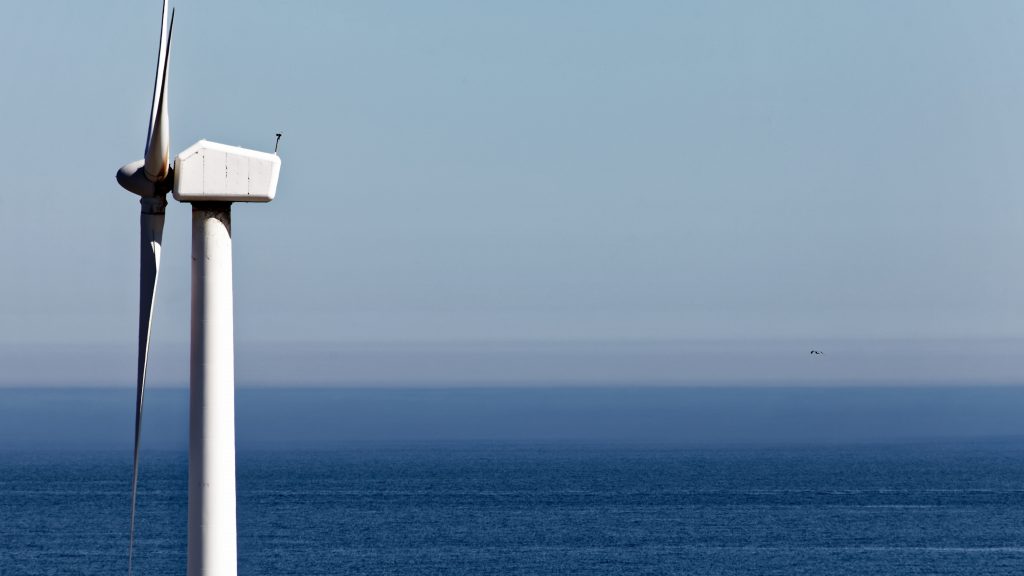
“Wind powered”
A seagull glides behind a windmill.
By Piotr Milczarek
MSc in Computer Science and Engineering (DTU)
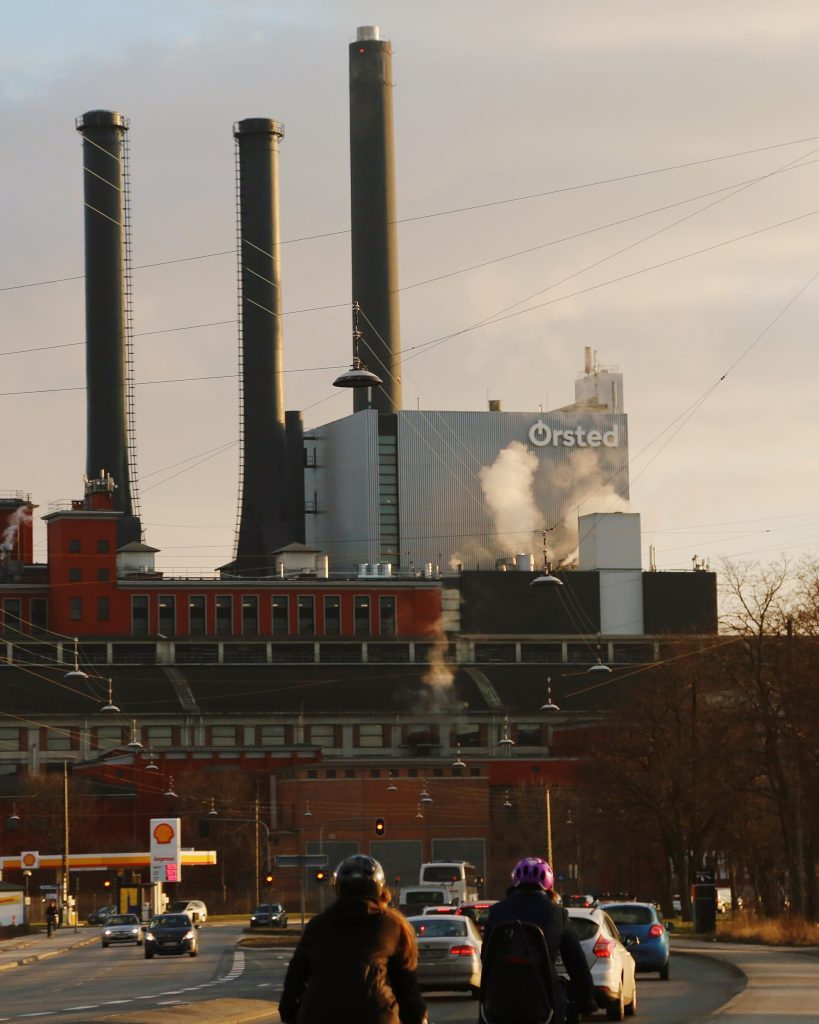
“Ørsted”
The Danish energy company with the vision of a world running entirely on green energy. According to its first sustainability report, Ørsted has reduced its coal use by 82% – with a 100% reduction targeted for 2023.
By Zhuo Chen
MSc in Organizational Innovation and Entrepreneurship



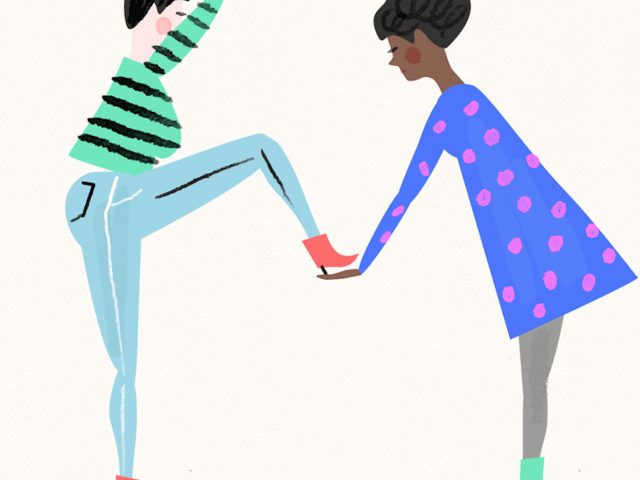
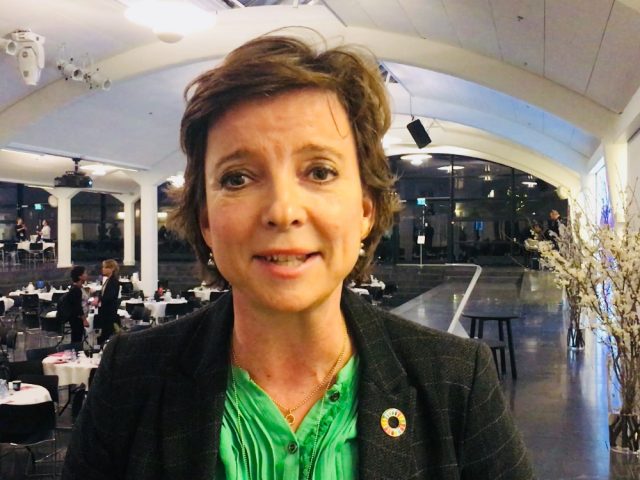




























































































































Comments